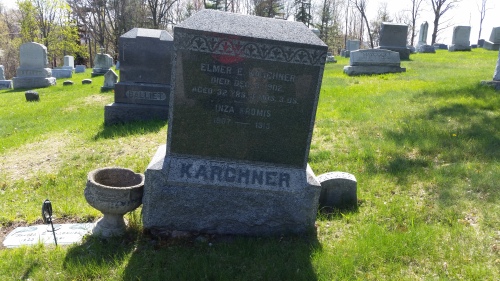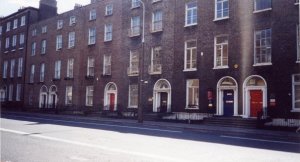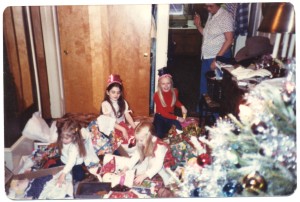I often wonder about why I’m drawn to artistic outlets – music, theatre, and writing to name a few. They live within me, guiding my path and the spiritual heart within.
Was my spirit always an artistic one? Did I spend my time with angels who sang and told me stories? Or did my spirit travel from one physical life to the next creating art in each moment of time? Did the family members who lived before me pass on a love of art and a deep spiritual foundation?
Ten years into my genealogy search and I’ve “met” ancestors whose stories I long to tell and yet there is one whom I feel a strong connection to though a century of time separates us.

On his 1893 marriage record, Elmer listed his occupation as musician. Did he sing? Play an instrument? How did he earn a living as a musician in the late 1800s – in a rural area no less? Is that how he met his wife, Mattie? As he took on the responsibilities of marriage and fatherhood, his life undoubtedly changed. An artistic profession at that time could have sustained him but it’s highly unlikely that he could continue down that path as the number of dependents grew rapidly.
Nine years later (at the age of 32) he’s killed in a coal mining accident, his occupation title that of Carpenter Boss. The tragic circumstances of his death, one of two lost that day, hasn’t left me since researching the details many years ago.

Sandusky Daily Star – 4 Dec 1902
I wonder about him:
- What type of environment was he raised in?
- His father was a Union veteran – did he teach his children to have open hearts and minds?
- Did he always love music?
- Did he instill that love into the household?
- Did he sing lullabies to his children?
- Did he showcase his artistic side in his personal life as it couldn’t be present in his professional one?
My questions are plentiful, and while I may never know the answers, asking inspires the writer within. Pondering about the lives of my ancestors help craft characters worthy of interest and intrigue. One day I’d like to visit the now closed mine to get a deeper appreciation for the life lived and lost far too soon.
I am an artistic spirit – one who wonders if there were many others on my ancestral branches who considered themselves the same.








